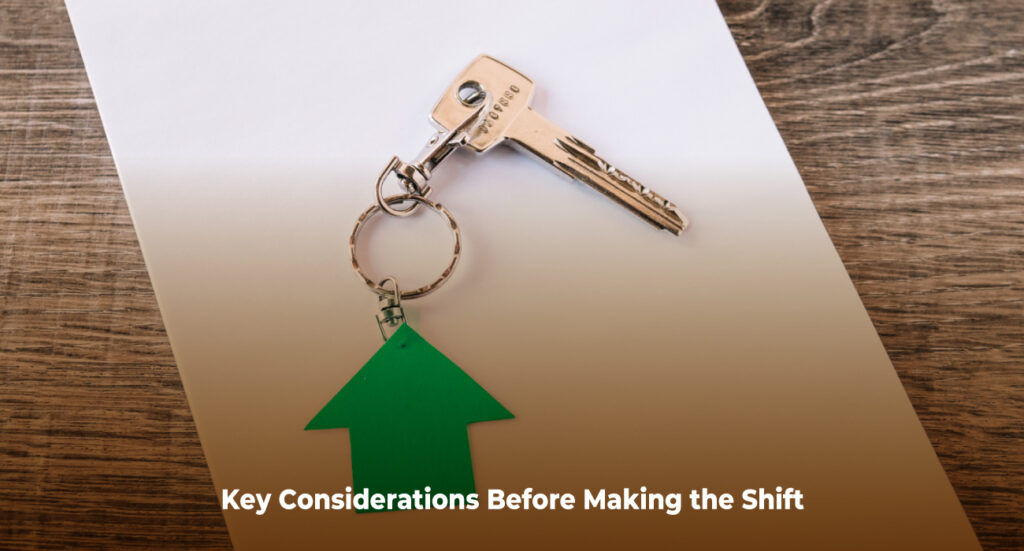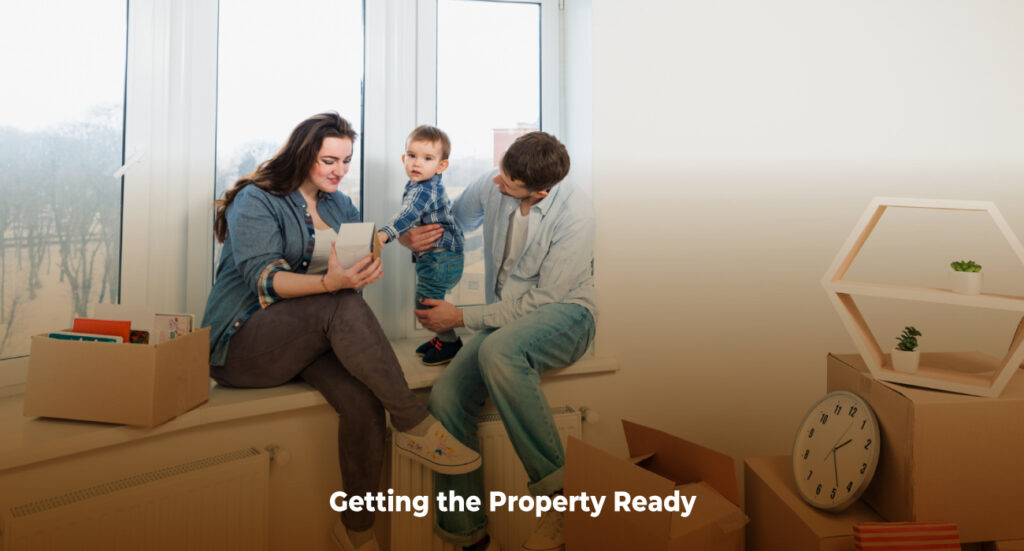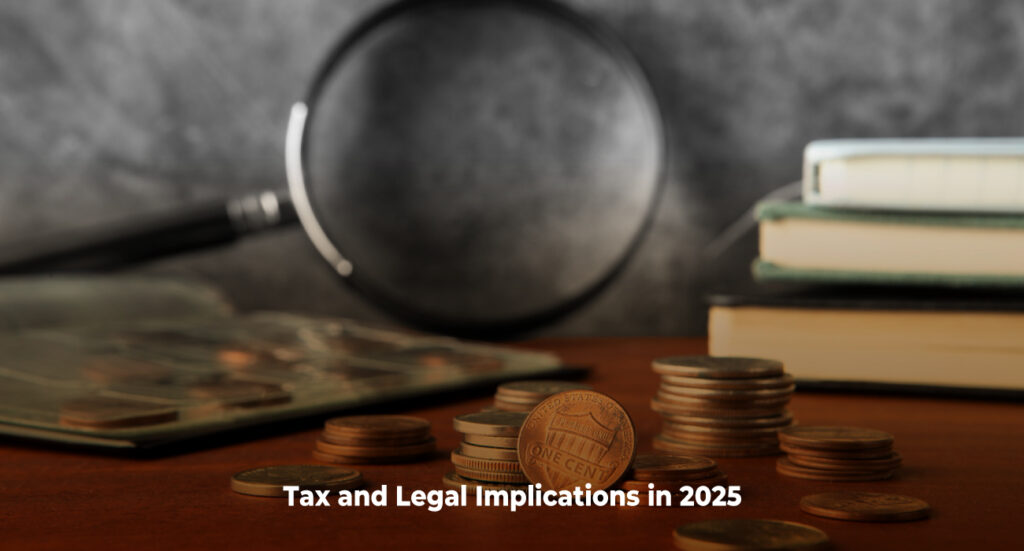2025 Guide: Converting Your Investment Property to Airbnb or Short-Term Rental
These days, most property investors are highly attuned to their local market. Many are actively exploring new strategies to boost rental income—some choose to renovate to attract quality tenants and increase rent, while others are turning to short-term rentals for greater returns. As Australia’s property rental landscape continues to evolve, platforms like Airbnb, Stayz, and Booking.com are becoming increasingly popular among landlords. What was once a traditional long-term lease model has now become an opportunity for higher income, greater flexibility, and occasional personal use—especially in high-demand areas. But converting to a short-term rental isn’t without its challenges. Plenty of investors have tried and failed simply because they jumped in without understanding the full picture. In this 2025 guide, we break down the key benefits, legal obligations, tax implications, and practical steps to help you make a confident and informed transition.

Why Investors Are Making the Switch in 2025
1. Higher Income Potential
Short-term rentals offer the possibility of generating significantly more income than long-term tenancies—especially during holiday periods, local festivals, or peak travel seasons. Many property-owners report earning 30% to 50% more annually, depending on location, seasonality, and quality of the property. This model also allows hosts to adjust prices based on demand, providing a dynamic earning potential compared to a fixed lease.
2. Personal Use Flexibility
One major appeal is the ability to use the property when needed. For example, one of our clients, Steve, purchased a beachside home near Sunshine Coast where his family visits every six months. Listing the property on Airbnb gave them the freedom to enjoy their investment personally while earning income the rest of the year. For many Australians, this hybrid model aligns with both lifestyle and financial goals.
3. Reduced Continuous Wear
While it may seem that constant turnover causes more damage, short-term rentals are often subject to regular cleaning and prompt maintenance. Unlike long-term leases—where problems can go unreported for months—issues in short-stay properties are usually spotted and resolved quickly, keeping the property in better overall condition.

Key Considerations Before Making the Shift
Legal and Council Requirements
Legal obligations vary by state, and 2025 has brought in new changes to be aware of. Here’s a quick rundown:
- NSW: You can rent your property short-term for up to 180 days per year if you’re not present. STRA (Short-Term Rental Accommodation) registration is mandatory.
- Victoria: A 7.5% levy on short-term accommodation takes effect in 2025. Although planning permits are generally not required in Melbourne, strata schemes may impose their own restrictions.
- Other States: Each has its own policies. Always check with your local council and review your strata bylaws (if applicable). Many schemes are now introducing short-term letting bans or tight restrictions.
Market Research
Before listing your property, research whether your location suits short-term rentals. Tourist hubs, central city apartments, and properties near beaches, national parks, or hospitals tend to perform well. Beyond location, amenities such as pools, outdoor entertaining areas, and modern appliances can make a significant difference.
Financial Feasibility
You should run the numbers before converting. While the potential income can be attractive, the operating expenses are higher:
- Frequent cleaning
- Utilities (guests often use more electricity and water)
- Property management or concierge services
- Airbnb/Stayz/Booking.com platform fees
- Marketing and photography to increase bookings
Also, income can be seasonal and inconsistent. Consider whether your cash flow can handle vacant weeks or months.

Getting the Property Ready
Furnish and Equip
Short-term guests expect a clean, functional, and attractive space. Ensure:
- All appliances work properly
- The property is tastefully furnished
- Kitchen is stocked with essentials
- Bathrooms include toiletries and fresh towels
- Laundry facilities have detergent available
Smart Access and Guest Experience
A keyless entry system simplifies check-in for guests. Create a printed or digital guestbook that includes:
- Appliance instructions
- Wi-Fi details
- Emergency contacts
- Recommendations for local cafes, shops, and attractions
These small touches lead to better reviews—and higher occupancy.
House Rules Matter
Clear and enforceable house rules are vital to protect your asset. Include:
- No indoor smoking
- No parties or events without approval
- Reasonable noise levels after hours
Make sure these rules are outlined in the listing and accepted by guests during the booking process.

Tax and Legal Implications in 2025
Tax Reporting Obligations
Income earned from Airbnb and similar platforms is taxable. But the deductions you can claim—like utilities, interest, and maintenance—must be apportioned based on how much of the year the property was rented versus used personally.
For instance, if your property was rented out for 180 days and used personally for 30 days, only about 83% of annual expenses may be deductible. You must keep detailed records to justify these claims.
Pro Tip: Always consult with a tax advisor (like Investax Group) to ensure compliance and maximise your deductions.
GST and Platform Reporting
From 1 July 2025, digital platforms such as Airbnb are required to report host income to the ATO under new gig economy tax measures. That means your rental income will be pre-filled on your tax return. Be sure your reported income matches to avoid audits.
GST generally doesn’t apply unless you’re running your Airbnb like a hotel (i.e. supplying breakfast or other hotel-like services). But it’s worth checking with a property tax specialist if your situation crosses that threshold.
Capital Gains Tax and the 6-Year Rule
If you previously lived in the property and now rent it out short-term, the six-year CGT exemption rule may still apply—provided you don’t treat another property as your main residence.
However, if you’re only renting out part of the home (like a spare bedroom) while living in it, the exemption is partially reduced. You’ll need to calculate the floor area rented and the duration to determine the taxable portion of any capital gain when the property is sold.

Is It Worth It?
Short-term rentals are not passive. They require hands-on management, constant guest communication, and attention to detail. But for the right property and owner, the rewards can outweigh the extra work. If you’re not ready to be on-call 24/7, you might consider hiring a short-term rental manager to handle guest check-ins, reviews, and maintenance.
2025 Action Plan for Converting Your Property
Here’s a streamlined checklist to get you started:
- Legal Compliance
- Register with STRA (if in NSW)
- Confirm strata permissions
- Review local council rules
- Run Financial Projections
- Compare long-term vs short-term income
- Account for cleaning, utility, and management costs
- Check occupancy rates for your suburb
- Prepare the Property
- Deep clean and furnish
- Install keyless entry
- Write a guest welcome guide
- List Your Property
- Take professional photos
- Highlight features and local attractions
- Price competitively and seasonally
- Understand Your Tax Obligations
- Keep detailed records of usage and expenses
- Consult with your accountant
- Stay updated with ATO changes

Final Thought: Talk to a Specialist Before You List
Making the jump from long-term to short-term rentals can be a strategic move—but only if done properly. Legal requirements, tax reporting, and compliance are more complex in 2025 than ever before.
Before converting your investment property to Airbnb or any short-stay platform, speak with a qualified tax advisor. At Investax Group, we help property investors navigate this transition, stay compliant, and optimise returns. Reach out today for a tailored consultation that suits your investment goals.
General Advice Warning
The material on this page and on this website has been prepared for general information purposes only and not as specific advice to any particular person. Any advice contained on this page and on this website is General Advice and does not take into account any person’s particular investment objectives, financial situation and particular needs.
Before making an investment decision based on this advice you should consider, with or without the assistance of a securities adviser, whether it is appropriate to your particular investment needs, objectives and financial circumstances. In addition, the examples provided on this page and on this website are for illustrative purposes only.Although every effort has been made to verify the accuracy of the information contained on this page and on our website, Investax Group, its officers, representatives, employees and agents disclaim all liability [except for any liability which by law cannot be excluded), for any error, inaccuracy in, or omission from the information contained in this website or any loss or damage suffered by any person directly or indirectly through relying on this information.
Reference:
- 180 Days Per Year – https://www.planning.nsw.gov.au/policy-and-legislation/housing/short-term-rental-accommodation#:~:text=In%20some%20NSW%20council%20areas,Ballina%20area
- STRA Registration: https://pp.planningportal.nsw.gov.au/stra
- consumer.vic.gov.au – Short-stay accommodation – owners corporations
- 6 year exemption – https://www.ato.gov.au/Individuals/Capital-gains-tax/Property-and-capital-gains-tax/Your-main-residence—home/treating-former-home-as-main-residence/#:~:text=If%20you%20use%20your%20former,period%20covered%20by%20your%20choice.





